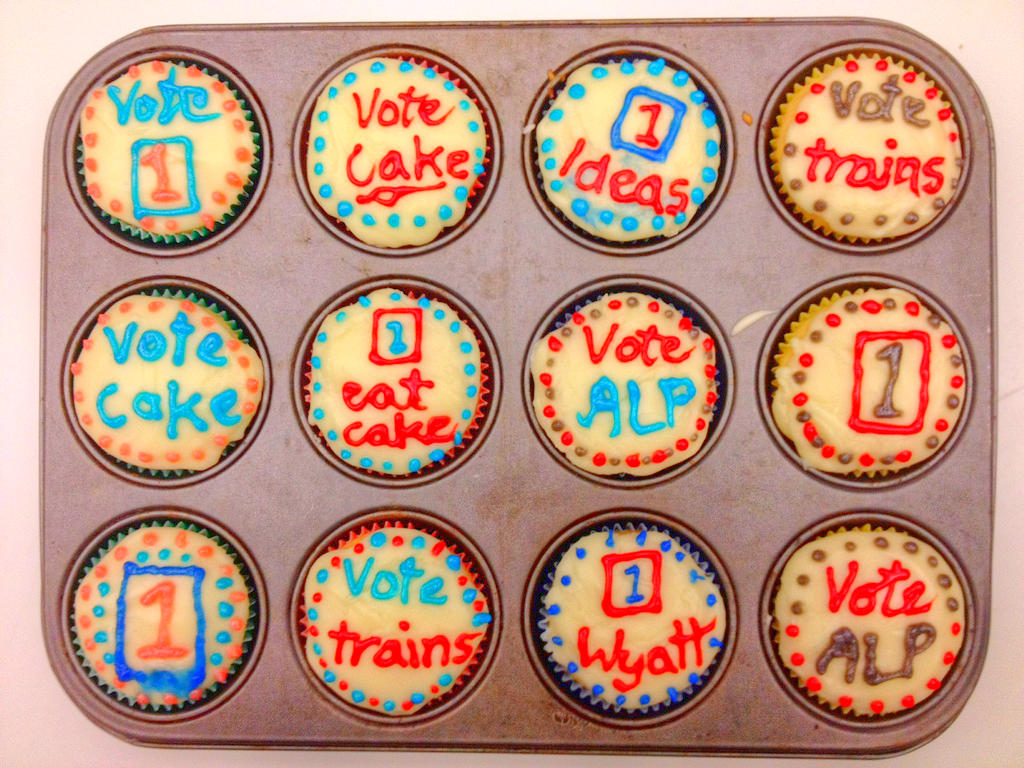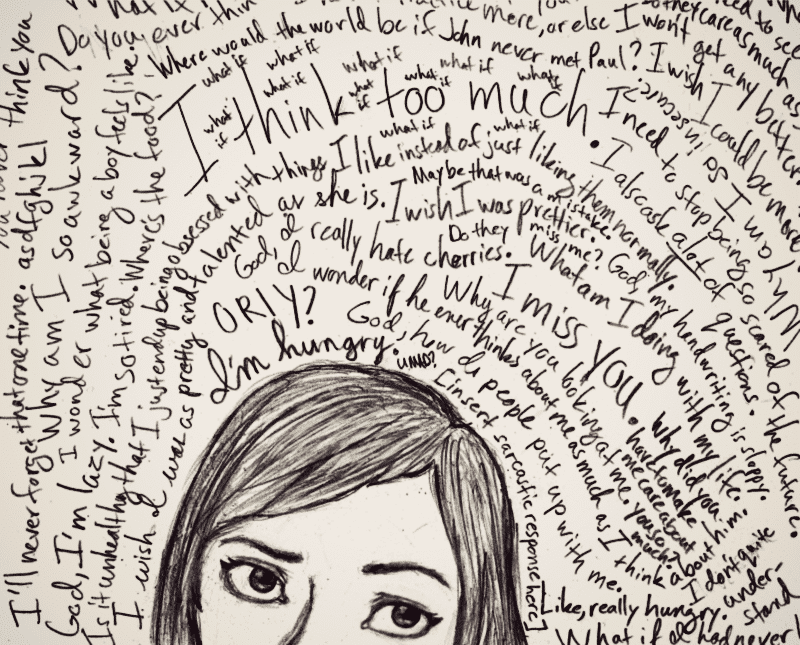Turning Toward and Moving On
by Linda Anderson Krech
Gregg and I just returned from a two day trip, in honor of his birthday. We went to a fabulous Doobie Brothers concert in Saratoga Springs, NY, held at an outdoor amphitheater, with weather that could not have been better. Our home away from home was filled with great reading material, including an entire shelf about Ulysses S, Grant and New Yorker magazines galore. The next day we wandered through nearby towns from which we filled our car with treasures that we stumbled upon in consignment and antique shops, all of which were meant to be with us.
But we almost didn’t go on this trip. For about two hours on that concert morning we got into a tangle with each other. Just as strong storms can sometimes develop with little warning, we found ourselves in an argument just like that, right out of the blue, with our enthusiasm for the trip seriously dampened.
We have a complicated life together. We’re married and we work together every day. All day. And not only do we work together every day all day, but Gregg is my boss. My husband is my boss. We’ve become pretty good at putting on and taking off our respective hats, as needed, but sometimes things get tricky and the boundaries get blurry. We live here as tenants but we work here as staff, and though we’ve been doing this for a long time, and mostly know how to navigate the complications, on this particular morning we couldn’t remember how to do that.
We had only two hours before we needed to be on the road. If there’d been more time, we might have just gone our separate ways for a little while, and let time lend a hand, but we didn’t have that luxury. We had to quickly give up trying to win the argument and look for a way to become good traveling companions. Here’s what we decided to do:
We first reflected on each other for 30 minutes, using the three Naikan questions (spending 15 minutes total on the first two questions, and then another 15 minutes just on the third.) We then shared a few of our answers with each other. My questions were:
- What did I receive from Gregg that I benefited from during the past two days?
- What did I give to Gregg that he benefited from during the past two days?
- What troubles or difficulties did I cause Gregg during the past two days?
Reflecting on these questions, when you are angry at the person you are reflecting on, does not feel natural. What does feel natural is to focus on the missing-by-design fourth question, “What troubles and difficulties did Gregg cause me?” Though the answers to that fourth question may seem more urgent and important than anything else, they’re likely to keep you stuck in the same place. The three Naikan questions, however, can help to shed new light that you can turn toward. Though there’s nothing magic about this self-reflection practice, it does have profound potential to help soften our stance with each other, which it did for us in this situation.
The second thing we did was to offer three apologies to each other, informed by the third question of Naikan. This requires a shift so we can see things from the other’s point of view and imagine their experience. Receiving a genuine apology can help us to drop some of our self-righteousness, and offering an apology can be even more powerful. By the end of this process, we were eager to get on the road and enjoy our time together.
The third thing we did was an exercise that Gregg came up with for the car. We each took on a particular role for the day – either “optimist’ or “positivist”. The optimist’s job was to make optimistic predictions about the future all through the day, while the positivist’s job was to make positive observations about the present. We started this “game” immediately and found ourselves laughing all through the trip:
Me: “What a beautiful day for a ride.”
Gregg: “I bet tomorrow’s going to be even better!”
Me (forgetting my role): “I wonder when they’re going to fix these potholes.”
Gregg: I bet this road will be regraded by the time we get home!”
Me: (remembering that I had forgotten my role): “Sorry, I’m not very good at this game.”
Gregg: “I know you’ll do better next time.”
And so it went. It was a great trip.
Tags: gratitude Mental Wellness naikan Relationships













Comments are closed.
This is a beautiful example of everything you teach Gregg and Linda. I am confident that many people, besides myself, will benefit from the practical wisdom contained in this powerful essay. I recently listened to a podcast, if only I could recall who it was, where the guest was talking about relationships. He stated that a fundamental skill for sustainable relationships was to become good at repair within the family- spouses, kids etc. Learning to let go of the hot coal in your hand quickly and understanding how we all mess up constantly is not something we want to look at. Unfortunately, we are ill-prepared for repair. You just gave us a pragmatic and elegant example of what to do. With appreciation, Trudy